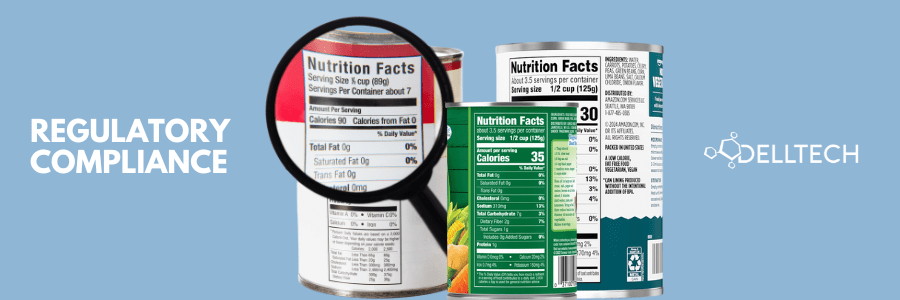By: Joanna Chudyk, SENIOR REGULATORY AFFAIRS SPECIALIST, email
The Natural and Non-prescription Health Products Directorate (NNHPD) in Canada has recently announced its second consultation for revisions to various monographs, including the Antiseptic Skin Cleansers Monograph. These proposed changes carry significant implications, particularly for hand sanitizer products that adhere to this monograph. Among the notable modifications are the removal of triclosan from the Non-prescription Drug Identification Number (DIN) pathway, revised usage guidelines (including commercial use allowances), and the introduction of new requirements for specific ingredients.
The changes with the biggest impact on all hand sanitizer products with an Natural Product Number (NPN) that fall under this monograph include a mandate to feature the disclaimer “not for use in healthcare or food-handling premises” and remove the previously required statement “for occasional and personal domestic use.” Hand Sanitizers with a DIN will need to include a statement “for occasional use only”.
Triclosan, a common ingredient in antiseptic products, is slated to be eliminated from the DIN pathway, reflecting growing concerns regarding its potential environmental and health impacts. For products containing ethanol or isopropanol, a precise dosage amount of 3 mL will now be mandated. This requirement seeks to standardize dosing and enhance product efficacy while ensuring consumer safety. However, there has been pushback from industry stakeholders regarding the evidence supporting this specific dosage requirement. Some are calling for further substantiation before implementation. The last major change pertains to products containing chlorhexidine gluconate, which will now necessitate an allergy statement.
Despite the NNHPD’s intentions to improve product safety and efficacy through these amendments, there has been resistance from industry players. In response to the proposed changes, industry stakeholders are seeking clarification and further evidence to support the efficacy and necessity of certain requirements, such as the 3 mL dosage mandate. Additionally, discussions are ongoing regarding the feasibility and implications of making the revised usage directions optional within the monograph.
Do you have questions about how these changes will impact your hand sanitizer product? Contact Dell Tech today!
Dell Tech has provided professional, confidential consulting services to the specialty chemical
industry in Canada, the USA, Europe, and Asia for the last 40 years.
[INSERT_ELEMENTOR id=5705]




